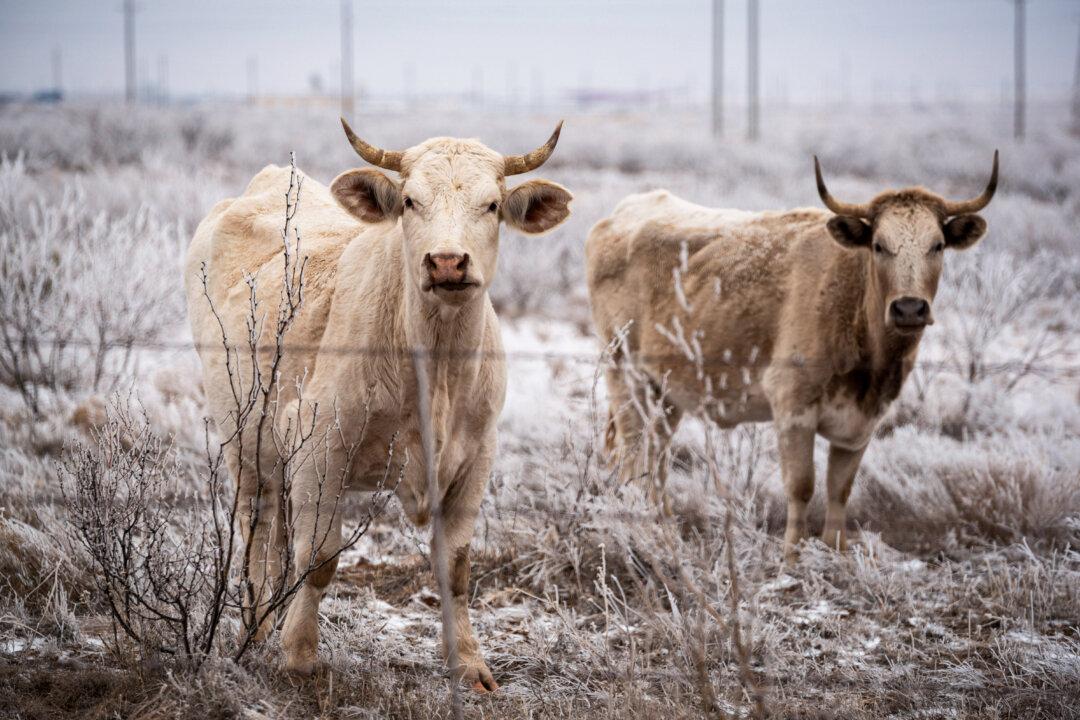Avian influenza has been detected in milk from cows in two states, U.S. officials say.
Samples of milk from cows in Kansas and Texas, exhibiting symptoms such as low appetite, tested positive for highly pathogenic avian influenza (HPAI), the U.S. Department of Agriculture (USDA) said on March 25.





